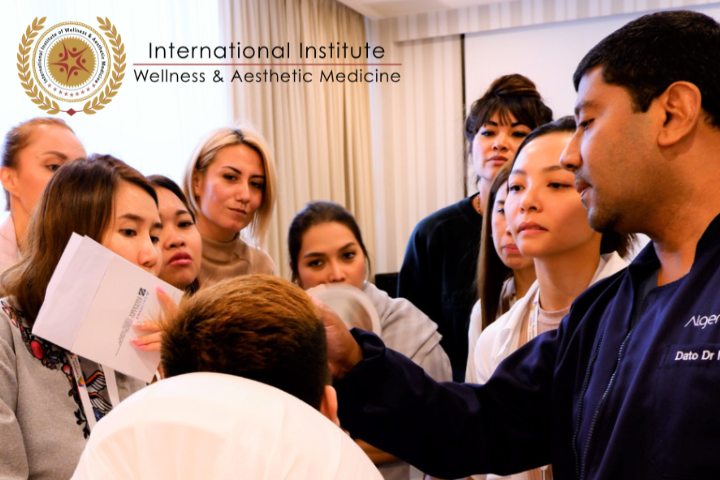Another Doctor's Opinion About LCP Guidelines
SINCE its introduction in 2013, the Letter of Credential Privilege (LCP) certificate has been a prerequisite for doctors to legally practice aesthetic medicine in Malaysia. This regulation was put in place to ensure the professionalism of the doctors and also to safeguard the welfare of patients.
The Health Ministry undoubtedly had a good objective in implementing this regulation. However, procedural fairness has been mired in various controversies.
Since its inception, the LPC certificate (General Practitioner Section) has been given freely to the senior members in the field. The selection criterion is unknown to the public: Who deserves to be the senior members? Who has the power to select them? Why and how is the selection done? This lack of transparency has raised doubts and suspicions about the award of the certificate.
The latecomers, or junior practitioners, have to undergo a two-tier examination system to obtain the LCP. The first part of the examination is a written multiple-choice test while the second part is a viva or oral test. Both tests are conducted in a closed room and the candidates are not informed of the syllabus, the passing mark, and marking scheme. How do you expect a candidate to pass if this basic information is not revealed? Furthermore, the oral test is conducted by a mix of government and private practitioners. The current system is flawed by a conflict of interest.
A pertinent question to ask is would a private practitioner who acted as an examiner let a rival candidate pass the exam and jeopardize his business later? An examination syndicate should uphold the principle of impartiality for every potential candidate. In good faith, it is hoped that the examination system would be reviewed for improvement.
But the sad story does not end here. To fulfill the examination entrance criteria, there is an aesthetic practical logbook to be submitted to the Health Ministry. The logbook is to be countersigned by LCP-certified doctors. This loophole is being manipulated by some of the senior members of the committee.
Various medical aesthetic certification courses are conducted for junior members at a high cost. Indeed, many doctors enrolled in these programmes as they had no choice. Those who took advantage of them have clearly forgotten the Hippocratic Oath: “To teach them this art, if they want to learn it, without fee or indenture”.
It is surprising that the Health Ministry is allowing these courses to go on. There is an urgent need to evaluate the legality and quality of the courses.
To date, there are fewer than 100 LCP-certified doctors in Malaysia while the number of aesthetic practitioners is higher. There is a lack of inter-departmental communication between the LCP secretariat and local enforcers (Private Medical Practice Control Unit). Many doctors who were practicing aesthetic medicine for years in their clinics are being issued warning letters and raided by local enforcers. As a result, some doctors have moved their practice into beauty centers to avoid being bound by LCP regulations. It is an unwise decision as the patient’s safety and health will be compromised. Yet, this seems to be the only way for them to maintain their clients.
To reiterate, the LCP regulation is a good law. Nevertheless, its enforcement should not be exploited by any party.
I sincerely hope the Health Ministry will look into these issues immediately.
DR LC PEE
(Also Read: How to Apply for LCP Exams)

